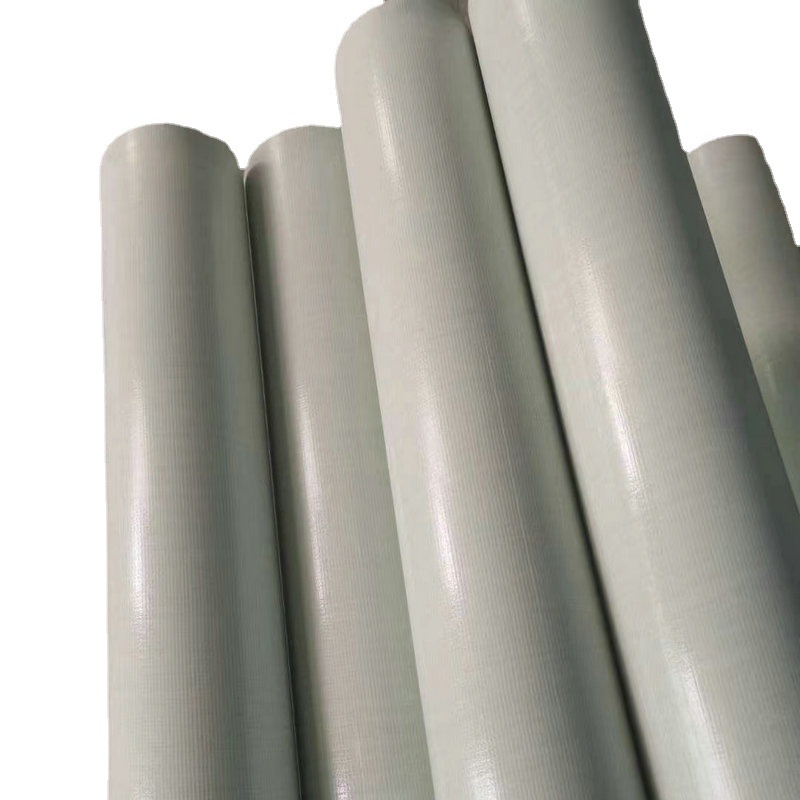Important information regarding COVID-19 Moderna and Pfizer bivalent booster vaccines and the Monkeypox vaccine - Click Here for More Information
Important information regarding COVID-19 Moderna and Pfizer bivalent booster vaccines and the Monkeypox vaccine - Click Here for More Information Electricity Meter

By Florida Department of Health in Brevard County
Contact: Cynthia Leckey, EH Director brevard.ehs@flhealth.gov 321-633-2100
Viera, FL—Heavy rainfall and flooding can make your tap water unsafe. If you are not sure about the safety of your well water, use commercially bottled water, disinfected water, or boiled and cooled water for drinking, making beverages or ice, cooking, brushing your teeth, washing dishes and washing recent wounds.
Use commercially bottled water for mixing baby formula
To be safe, you can disinfect tap water using the procedures below. Do not rely on unverified methods for decontaminating water. If water is cloudy, let it settle and filter it through a clean cloth, paper towel or coffee filter. This will help the disinfection process. If you have any extra water, put it in containers that were properly disinfected (see information below water disinfection).
The preferred method to disinfect water is to Boil Water.
If boiling is not possible, use Household Bleach.
It is also possible to use other Disinfection Methods.
Note: Follow the instructions on the product label as each product may have a different strength.
Containers for water should be rinsed with a bleach solution of one tablespoon of bleach per gallon of water before using them.
If your well has been flooded, please call the Florida Department of Health (DOH) in Brevard County (DOH-Brevard) at 321-633-2100 or brevard.ehs@flhealth.gov for information on how to sample your water and where to bring the sample for bacteriological testing. If the test reveals bacteria, the well and water systems need to be disinfected.
It is important to disinfect both well and plumbing water with unscented household bleach to ensure that all infectious agents (germs) are killed. If you have water treatment devices, remove all membranes, cartridges and filters. Replace with new ones after the disinfection process is completed.
The Department recommends the following steps to disinfect a contaminated well:
Conversions: 8 oz = 1 cup; 16 oz = 1 pint or=2 cups; 24 oz = 3 cups; 32 oz = 1 quart; 48 oz = 1.5 quarts; 64 oz = 2 quarts; 80 oz = 2.5 quarts; 96 oz = 3 quarts.
Is the water safe now?
Although chlorine bleach is effective against most microorganisms, it will not remove chemical contamination that may have gotten into your well. If chemical contamination occurs, use commercially produced bottled water until a safe water source is obtained. Contact DOH-Brevard at 321-633-2100 or brevard.ehs@flhealth.gov for sampling instructions to have your water tested.
The department, nationally accredited by the Public Health Accreditation Board, works to protect, promote and improve the health of all people in Florida through integrated state, county and community efforts.
Follow us on Facebook, Instagram and Twitter at @HealthyFla. For more information about the Florida Department of Health please visit www.FloridaHealth.gov.
Florida Health Across the State

Shallow Well Pump By using this site, you agree to the Privacy Policy.